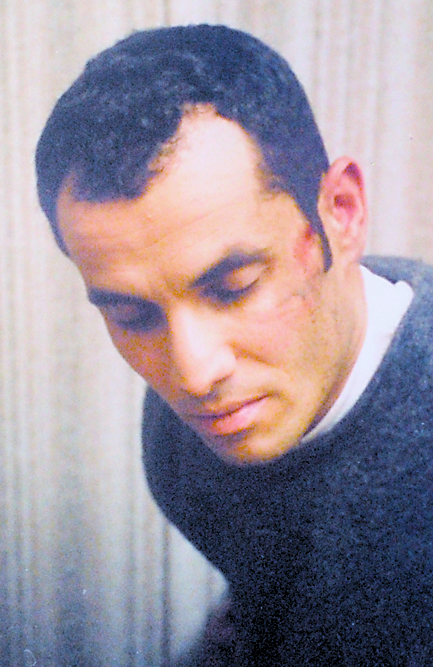By Gene Johnson
The Associated Press
SEATTLE — Algerian terrorist Ahmed Ressam was sentenced today to 37 years in prison for plotting to bomb Los Angeles International Airport around the turn of the new millennium.
Ressam was arrested in Port Angeles in December 1999 after he drove off the MV Coho ferry from Victoria with a trunk full of explosives.
U.S. District Judge John C. Coughenour in Seattle had twice ordered him to serve 22-year terms, but both times the sentences were reversed on appeal.
Ressam’s attorneys had conceded that he should face at least three decades to satisfy the appeals courts, but no more than 34 years.
The Justice Department had sought life in prison because of the mass murder he intended to inflict, and because he recanted his cooperation with federal investigators.
Coughenour said today that this “this case provokes our greatest fears.”
An alert customs inspector in Port Angeles noticed that Ressam appeared suspicious when he drove from the ferry on Dec. 14, 1999.
His arrest, after a brief foot chase, prompted fears of a terrorist attack and the cancellation of Seattle’s New Year’s Eve fireworks at the Space Needle.
[One of the customs inspectors who tackled and captured a fleeing Ressam on First Street in downtown Port Angeles — about four blocks from the ferry landing — is current Clallam County Commissioner Mike Chapman.]
Ressam’s case has been vexing because he started cooperating after he was convicted and was interviewed more than 70 times by terror investigators from the U.S., Canada, Great Britain, Spain, Italy, Germany and France.
Information he provided helped convict several terror suspects; prompt the famous August 2001 FBI memo titled “Bin Laden determined to strike in U.S.” and contribute to the arrest of suspected Osama bin Laden lieutenant Abu Zubaydah, who remains in custody without charges at Guantanamo Bay, Cuba.
However, Ressam subsequently recanted all of his cooperation when it became clear that the prosecutors weren’t going to recommend that he serve less than 27 years in prison.
The recanting forced the Department of Justice to drop charges against two suspected co-conspirators, Samir Ait Mohamed and Abu Doha.
In previously sentencing Ressam, Coughenour noted that before he went to trial, the government offered him a 25-year sentence if he would plead guilty — no cooperation necessary.
Ressam refused, but Coughenour said that any discount for Ressam’s cooperation, while it lasted, should start from that 25-year offer.
The appeals court rejected that rationale.
